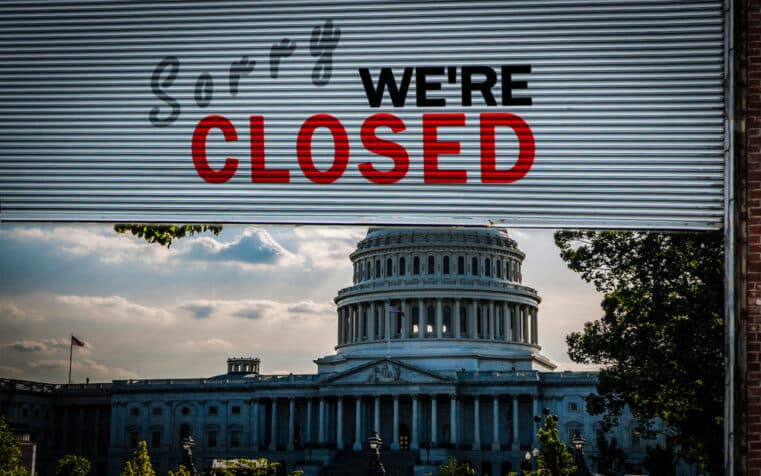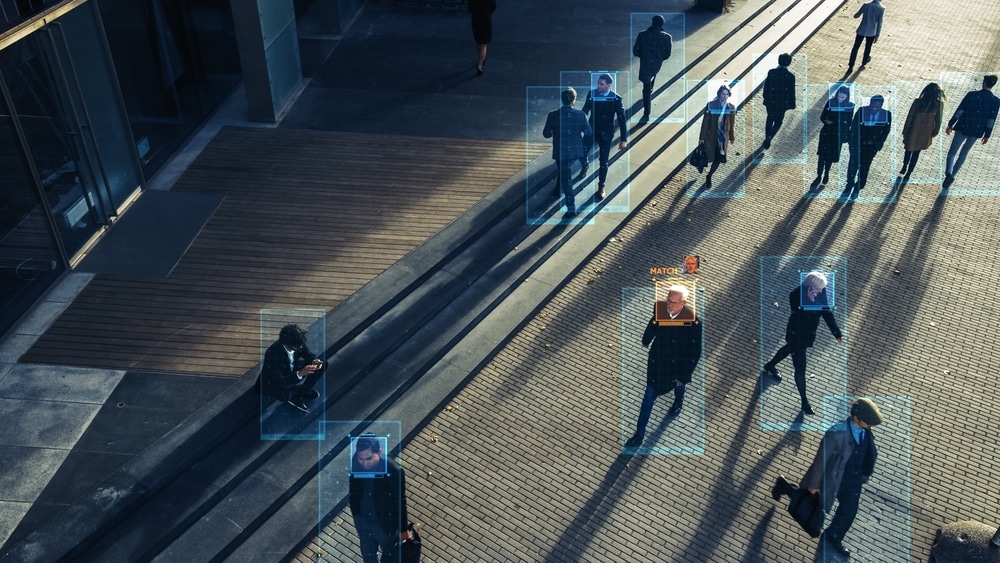
The Dark Web Has Your Bank Details—Now What?
💣 The Silent Heist: How Hackers and Bankers Are Both Looting You
In a digital world obsessed with convenience, we’ve traded sovereignty for speed—and now we’re paying the price. Recent revelations that criminals are draining American bank accounts using hacked credit agency data aren’t just a fluke—they're a symptom of systemic decay.
Let’s call it what it is: digital feudalism. You don’t own your data, your identity, or even your banked money. You’re merely borrowing a perception of control from centralized institutions that promise security while being hacked like sieves.
Remember Equifax? The 2017 breach affected 147 million Americans. And yet, here we are in 2025, still treating centralized credit data like gospel. Why? Because the system needs you to trust it. Your blind faith is the only thing keeping the fiat house of cards from collapsing.
🧠 Anatomy of a Scam—and the System That Enables It
According to a bank security executive, these scams begin with spoofed calls that appear to come from your own bank. The criminals already know who you bank with, thanks to data stolen from past breaches. Then, in a few minutes of manufactured panic, they trick you into handing over your digital keys: usernames, passwords, and MFA codes.
And just like that, you’re drained.
But here's the twist: these aren't one-off flukes. They're a direct result of systemic rot. The banks know these attacks are happening. The credit agencies know they’ve been compromised. And yet nothing changes. Why?
Because the game isn’t about protecting you. It’s about preserving the illusion of control while central entities consolidate your data, track your behavior, and digitize your identity—all under the false promise of convenience.
⚠️ Digital Finance Is a Trap—Here’s Your Exit
Let’s ask the hard question: What happens when the entire financial system runs on unstable digital infrastructure?
Now layer in Central Bank Digital Currencies (CBDCs), FedNow instant transfers, and biometric identity systems. When everything is digital, everything is trackable—and everything is seizable. One bad algorithm, one political whim, and your account is frozen, your transaction denied, your digital identity revoked.
But physical assets? They don’t care who’s president. They don’t need a password. They don’t crash with the next server outage or policy update.
This is why gold and silver aren’t just “investments”—they’re exit strategies.
💡 My Prediction: The Next Big “Hack” Will Be Institutional
The real danger isn’t some shadowy hacker in a hoodie—it’s the institutions themselves. Whether through “emergency cybersecurity protocols” or “necessary financial reset measures,” we’re not far from a moment where banks intentionally lock out users—and spin it as protection.
When that happens, you’ll wish you had something outside the system. Tangible. Decentralized. Non-digital.
🛡️ What You Can Do Right Now
- Limit Your Exposure: Stop assuming your money is safe because it’s FDIC insured. Insurance doesn’t help when your account is drained and your digital identity is hijacked.
- Get Physical: Gold, silver, and other tangible assets can’t be hacked. They don’t require passwords. They exist outside the control of central servers.
- Diversify Smartly: Move a portion of your savings into hard assets. Start small if you must. But start.
- Demand Accountability: Contact your representatives and push for decentralization, transparency, and sound money legislation.
Because make no mistake—this is just the beginning. If you think today’s scams are bad, wait until the system breaks itself under the weight of its own digitized delusion.
🎯 Final Thought:
The real scam isn’t the hacker on the phone—it’s the system that made the hack possible.
📘 Take Action Now
Before the next “update” locks you out of your financial future, take control:
✅ Download my free book, “Seven Steps to Protect Your Bank Accounts” – actionable, urgent, and essential for what’s coming next.
📕 Grab a discounted hardcover copy of “The End of Banking as You Know It” by Bill Brocius for just $19.95.












